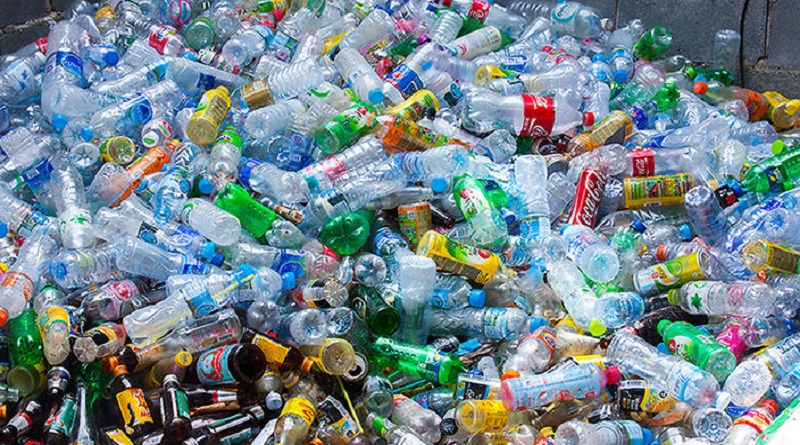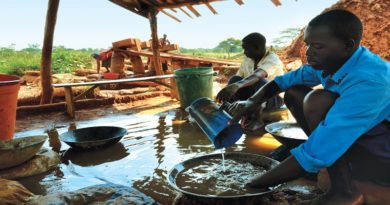Groups want proposed plastic ban to take effect in 2024
The Global Alliance for Incinerator Alternatives (GAIA) Nigeria members have called on the Federal Government to ban single-use plastic with effect from 2024 as opposed to the current 2028 date as contained in the proposed national policy on plastic waste management.
The groups said the ban should start with Styrofoam, microbeads, carrier bags, plastic spoons, straws, and disposable cups, as they have no economic value (recycling) potential.
A communique issued at the end of its two-day workshop held in Lagos on February 13-14, read in part “We urge the federal government to avoid the adoption of Waste to Energy Technologies such as municipal waste Incinerators and chemical recycling facilities; these are false solutions, as they enable the unsustainable consumption of resources, contribute to climate change, release a cocktail of noxious substances that pose hazards to public health, and diverts funds from cheaper, sustainable zero-waste solutions.
“All national and state plastic policies should incorporate zero waste principles, taking into account an entire lifecycle approach to plastic management and non-recyclable materials.
“There is a need for a nationwide campaign and the capacity development of policymakers on the toxicity of plastic within the plastic value chain in Nigeria.”
The groups noted that there is an urgent need for a National Plastic Treaty Steering Committee (NSC) that should act to provide guidance and oversee the process.
The workshop was attended by GAIA Nigeria member including the Centre for Earth Works (CFEW), Green Knowledge Foundation (GKF), Pan African Vision for the Environment (PAVE), Environmental Rights Action/Friends of the Earth Nigeria (ERA/FoEN), Community Action Against Plastic Waste (CAPws), Sustainable Environmental Development Initiative (SEDI), Policy Alert, the Community Development Advocacy Foundation (CODAF), and the Lekeh Development Foundation (LDF).
Participants at the workshop observed that the challenge of plastic waste is an increasing global and national concern, with its attendant public and environmental health implications, noting that whereas waste reduction is key to having zero waste, this concept is not yet fully mainstreamed into national and state waste policy processes.
Plastic is mainly carbon and chemical based however, there is a huge knowledge gap in understanding the toxic chemical components in Nigeria. These hazardous substances are easily transferred into the food chain and other environmental media.
The GAIA members noted that waste generation is intrinsically linked to climate change and there is a lack of urgency from African leaders on sustainable ways to manage plastic and organic waste. Evidence has shown that Green House Gases (GHG) emissions will dramatically increase if plastic production continues as projected and waste is burned.
The hybrid (virtual and physical attendance) conference drew national and international stakeholders from the value chain of plastic policy processes. Part of the objectives of the workshop was to connect the various GAIA Nigeria members in the country; exchange knowledge on zero waste and incinerator alternatives and crystallize ideas on the way forward as Nigeria plays a pivotal role in Africa’s waste management practices.
Additionally, the workshop had in attendance participants from the Lagos State Government Ministries, Departments, and Agencies, Civil Society Organizations, Experts, Trade Associations, and the Media, to deliberate on national and international plastic policy processes.




